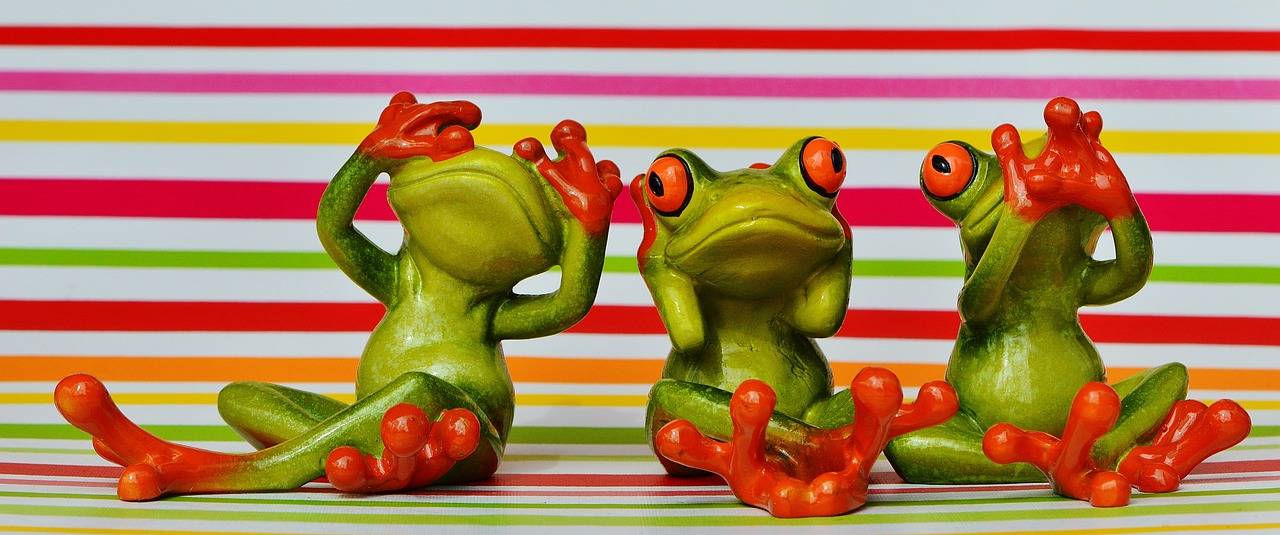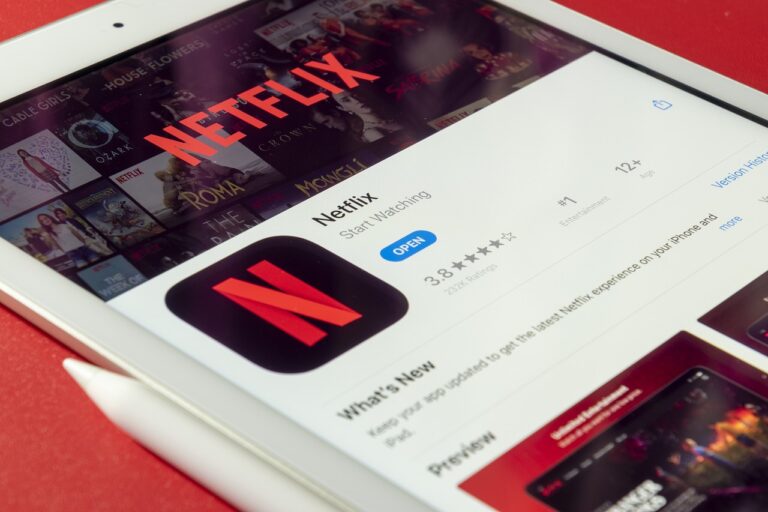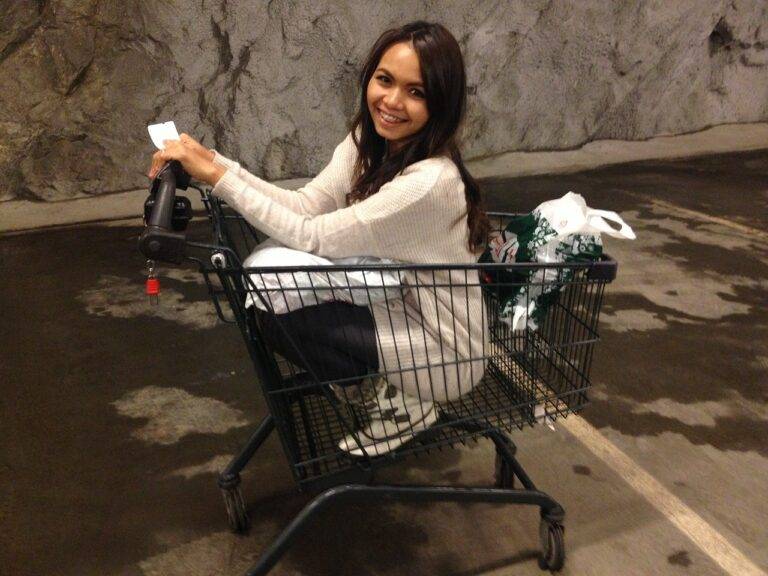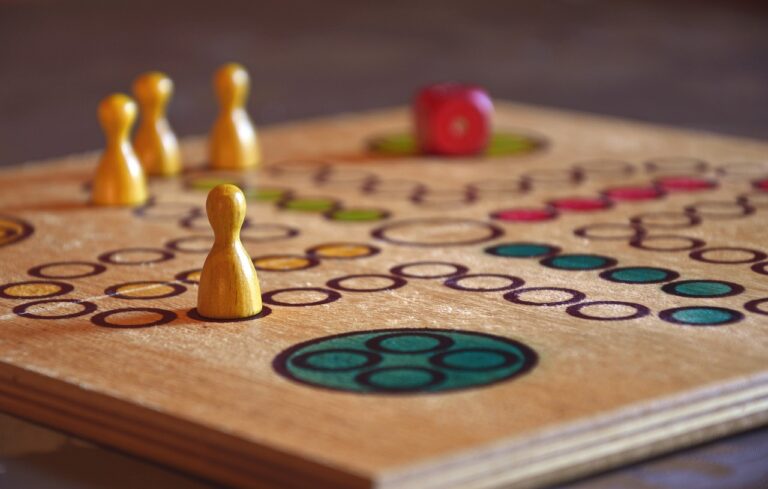Inclusivity and Diversity in Music Venues: Fostering Welcoming Spaces for All: Betbhai9 login, Radhe exchange registration, 99 exchange
betbhai9 login, radhe exchange registration, 99 exchange: Inclusivity and diversity are essential components of creating welcoming and inclusive spaces in music venues. As a music lover, I have attended numerous shows and festivals where I have witnessed firsthand the power of music to bring people together from all walks of life. However, I have also noticed instances where certain groups may feel excluded or marginalized in these spaces. It is important for music venues to actively work towards fostering environments that are welcoming and inclusive for everyone.
Creating a welcoming and inclusive space starts with the venue itself. From the moment patrons walk through the door, they should feel safe and welcomed regardless of their background, identity, or beliefs. This can be achieved through thoughtful and intentional design of the space, as well as clear communication of policies and expectations to staff and patrons.
It is also crucial for music venues to prioritize diversity in their programming. By featuring artists from a variety of backgrounds and genres, venues can ensure that their lineup is inclusive and representative of the diverse communities they serve. This not only creates opportunities for artists who may not have had access to mainstream venues but also exposes audiences to new and exciting music.
In addition to programming, music venues should also prioritize diversity in their staff and leadership positions. By hiring and promoting individuals from a variety of backgrounds, venues can ensure that their teams are reflective of the communities they serve. This not only promotes inclusivity within the venue itself but also helps to create a more welcoming and empowering environment for patrons.
Furthermore, music venues should actively work to address and mitigate any instances of discrimination or harassment that may occur within their spaces. This could include implementing clear codes of conduct, providing training to staff on how to handle such situations, and creating avenues for patrons to report any incidents they may experience or witness.
Overall, fostering inclusivity and diversity in music venues requires a concerted effort from all stakeholders involved. By prioritizing these values in their programming, staff, and policies, venues can create spaces that are welcoming and inclusive for all music lovers.
FAQs
Q: What can patrons do to support inclusivity and diversity in music venues?
A: Patrons can support inclusivity and diversity in music venues by advocating for diverse programming, reporting any instances of discrimination or harassment, and actively supporting artists from underrepresented backgrounds.
Q: How can music venues ensure that their spaces are accessible to all patrons?
A: Music venues can ensure accessibility by providing accommodations for individuals with disabilities, including gender-neutral restrooms, and actively working to create a safe and welcoming environment for all patrons.
Q: What are some examples of music venues that prioritize inclusivity and diversity?
A: Some examples of music venues that prioritize inclusivity and diversity include The Bowery Ballroom in New York City, The 9:30 Club in Washington, D.C., and The Troubadour in Los Angeles. These venues have a history of featuring diverse programming and prioritizing inclusivity in their spaces.







